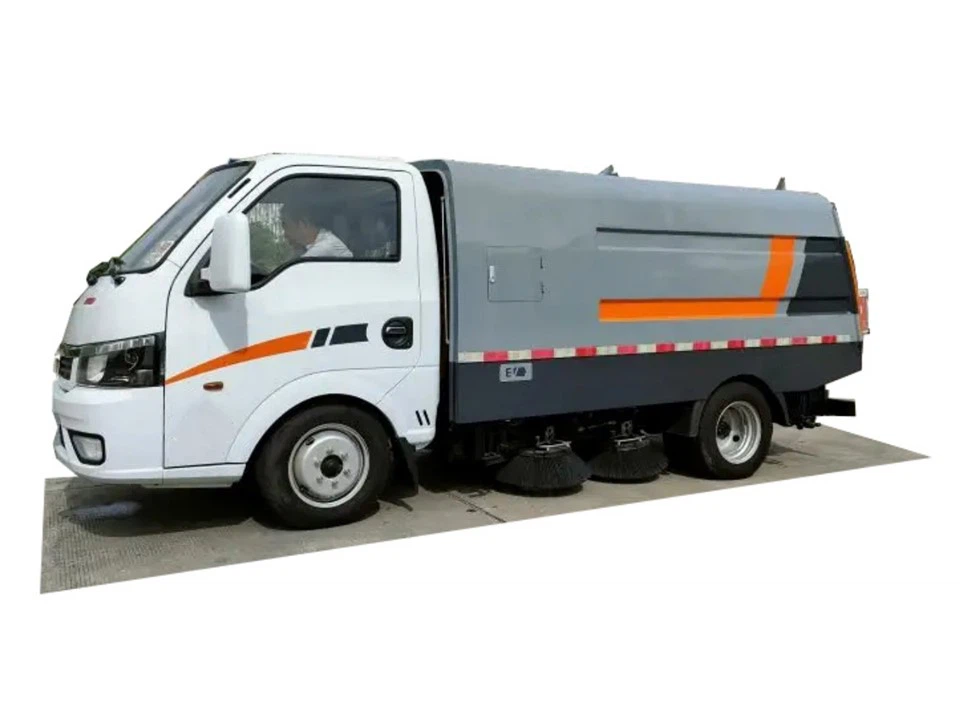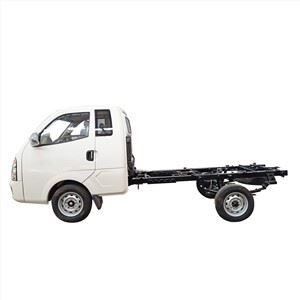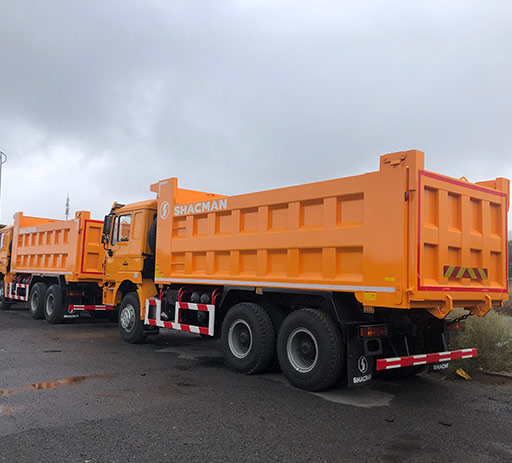Exploring the Roll Off Truck World: Everything You Need to Know

Roll-off trucks are a crucial part of waste management and construction processes. Their ability to transport materials efficiently, combined with versatility, makes them indispensable for various industries. Whether you’re a contractor, a waste management professional, or someone simply interested in trucks, this article will guide you through everything you need to know about roll-off trucks.
What is a Roll-Off Truck?
A roll-off truck is a specialized vehicle designed to transport containers for waste disposal, construction debris, and other materials. The unique design allows the truck to “roll off” the container when delivering materials and “roll on” when picking up. Let’s delve deeper into the components and mechanics of roll-off trucks.
Key Components of a Roll-Off Truck
- Chassis: The frame of the truck that supports the body and payload.
- Roll-Off Container: A large metal bin that can be loaded and unloaded from the truck.
- Hydraulic System: Powers the lifting mechanism for the containers.
- Hook Lift: A system that allows the truck to lift and place containers efficiently.
Types of Roll-Off Trucks
Roll-off trucks come in various forms based on their load capacity, container sizes, and operational designs. Here are a few common types:
- Standard Roll-Off Trucks: Commonly used for general waste and debris transportation.
- Heavy-Duty Roll-Off Trucks: Designed for substantial loads, typically used in construction.
- Compacted Roll-Off Trucks: Equipped with compactors for reducing the size of waste materials.
The Importance of Roll-Off Trucks in Different Industries
Roll-off trucks play a significant role in various sectors, including construction, demolition, recycling, and more. Let’s explore some key industries where roll-off trucks are essential.
1. Construction Industry
In construction, roll-off trucks are used to transport debris, such as concrete, wood, and metal scraps. This allows for consistent site cleanliness and efficiency.
Practical Example

When constructing a new building, contractors often require several roll-off containers on-site to dispose of waste regularly. The speed of management of construction waste can significantly affect project timelines and budgets.
2. Waste Management
Waste management companies utilize roll-off trucks to pick up and deliver waste containers from residential and commercial sites. This is vital for maintaining cleanliness and sanitation.
Tips
- Schedule regular pickups to prevent overflowing containers.
- Educate clients on proper waste segregation to maximize container efficiency.
3. Demolition Services
Roll-off trucks are vital in demolition projects where large volumes of debris need to be removed quickly and safely.
Practical Example
During the demolition of a large structure, multiple roll-off containers are often deployed to site, allowing for an organized and timely removal of debris.
4. Event Management
For large events, such as fairs and concerts, roll-off trucks ensure that waste disposal is managed effectively.
Tips
- Provide adequate containers to handle high traffic events.
- Choose containers based on expected waste types (e.g., recycling, general waste).

How to Choose the Right Roll-Off Truck
Selecting the right roll-off truck is crucial for maximizing efficiency and effectiveness in your operations. Here are several considerations to keep in mind:
Load Capacity
Understanding the load capacity of different trucks is essential. Match the truck’s specifications to your typical loads to avoid overloading.
Container Sizes
Roll-off containers come in various sizes, typically ranging from 10 to 40 yards. Determine the appropriate container size based on your project needs.
Fuel Efficiency
Opt for trucks with better fuel efficiency to reduce operational costs over time. Look for industry ratings and owner reviews.
Maintenance and Service
Consider the availability of parts and services for the chosen truck type. Regular maintenance is key for longevity.
Roll-Off Truck Regulations and Safety Precautions
Operating roll-off trucks comes with safety responsibilities. Different regions might have varying regulations that must be adhered to.
Understanding Local Regulations
Always check local laws regarding waste management and transportation. This includes obtaining necessary permits and understanding disposal regulations.
Safety Tips for Operators
- Always conduct vehicle inspections before operation.
- Use proper lifting techniques when handling containers.
- Ensure all staff are trained on local regulations and safety standards.
Roll-Off Truck Maintenance: Ensuring Longevity
To maximize the lifespan of your roll-off truck, regular maintenance is crucial. Below are recommended practices:
1. Routine Inspections
Conduct routine inspections to identify and rectify any potential issues before they escalate.
2. Lubrication
Keep all moving parts adequately lubricated to prevent wear and tear.
3. Tire Care
Inspect tires regularly for wear and maintain proper tire pressure. This helps prevent accidents and improves fuel efficiency.
4. Hydraulic System Checks
Regularly check the hydraulic system for leaks and ensure optimal performance.
Cost Considerations for Owning a Roll-Off Truck
The cost of owning a roll-off truck can vary significantly based on factors such as the truck’s type, size, and required features. Below are key areas to consider.
Initial Purchase Costs
Determine your budget for purchasing a new or used roll-off truck. Conduct thorough research to compare prices and features.
Insurance and Licensing
Be sure to factor in insurance costs, which can vary based on use and the value of the truck. Additionally, ensure proper licensing is obtained.
Operational Costs
Consider fuel usage, maintenance, and repairs as ongoing costs that will add to your overall budget.
Roll-Off Truck Rentals: A Practical Alternative

If owning a truck is not feasible, renting roll-off trucks can be a cost-effective solution. Here are tips to successfully rent a roll-off truck:
1. Research Rental Companies
Compare local rental companies to find quality service and competitive rates.
2. Consider Rental Terms
Take the time to read rental agreements carefully; understand the terms regarding deposits, damage, and pickups.
3. Evaluate Available Equipment
Check the condition of the trucks and containers before finalizing your rental to ensure they meet your needs.
Frequently Asked Questions (FAQ)
1. What is the average cost to rent a roll-off truck?
The average rental cost for a roll-off truck can range from $300 to $800 per day, depending on the size and type of truck.
2. How long can I keep a roll-off truck rental?
Most rental companies allow you to keep a roll-off truck for a minimum term, typically based on the project duration you have specified. You can often extend beyond that period for an additional fee.
3. What are the typical container sizes for roll-off trucks?
Roll-off containers typically range in size from 10 yards to 40 yards, accommodating various kinds of waste loads.
4. Are there weight limits for roll-off trucks?
Yes, weight limits vary by truck type and jurisdiction, so be sure to check local regulations and truck specifications before loading.
5. Can I use roll-off trucks for recycling?
Absolutely! Roll-off trucks can be utilized for transporting recyclable materials by selecting the appropriate container and ensuring proper waste segregation.
6. What should I do if a roll-off container is damaged during use?
If damage occurs, report it to your rental or service provider immediately and consult your rental agreement for liability issues.
